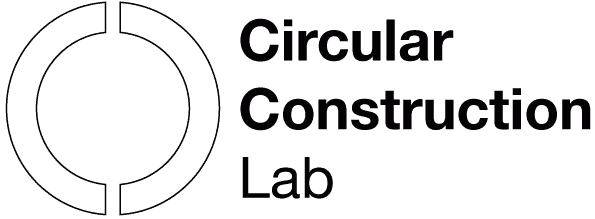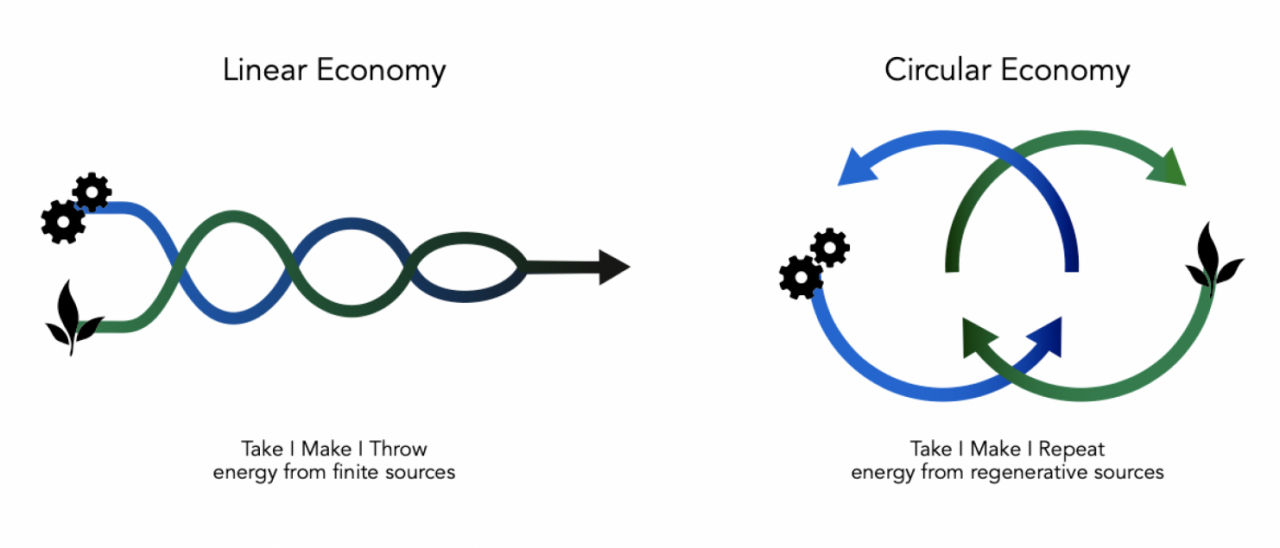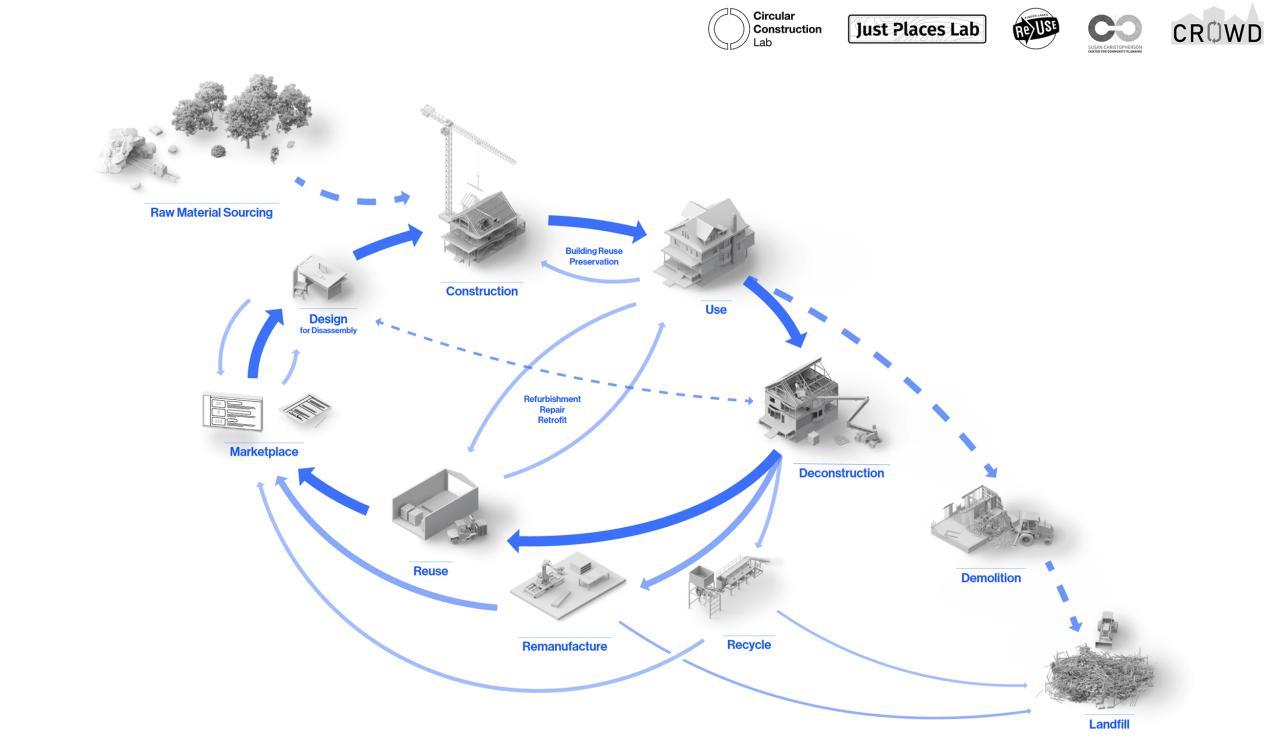
The Circular Construction Lab (CCL) in the Department of Architecture at Cornell AAP houses a design research program that advances the paradigm shift from linear material consumption towards a circular economy within an industrialized construction industry. At the intersection of architecture, engineering, material and computer science, as well as economics, the lab investigates new concepts, methods, and processes to (1) design and construct buildings as the material depots for future construction, and (2) activate the potential of the built environment as an 'urban mine' for today's construction. CCL understands architecture as part of a regenerative and restorative cycle and sees design as a vehicle that can advance this ambition with excellence in teaching and research. Through close collaborations with academic, industrial, and legislative/ political partners the lab ensures the relevance of its work and promotes the direct and full-scale implementation of research results towards a more sustainable, low/ no-carbon, circular construction industry.

The Ellen MacArthur Foundation defines a circular economy as "a systemic approach to economic development designed to benefit businesses, society, and the environment. In contrast to the 'take-make-waste' linear model, a circular economy is regenerative by design and aims to gradually decouple growth from the consumption of finite resources." A circular construction industry requires a radical redefinition of how resources are managed within the construction industry and the built environment. Similar to warehousing, material stocks and flows of buildings, cities and regions must be kept track of and anticipated. The goal must be to inventory and document them, and communicate at the right time what materials will become available for reuse or recycling, in what quantities and qualities, where, and at what time in the future. The implications for the design and construction process, the supply and value chains within the construction industry, and data generation and management are significant and the focus of the Circular Construction Lab.

White Paper Launch:
Constructing a Circular Economy in New York State: Deconstruction and Building Material Reuse
Released on October 3rd, 2024 the NYS White Paper "Constructing a Circular Economy in NYS: Deconstruction and Building Material Reuse" provides an in-depth perspective on the State's current linear construction economy and an assessment of the economic, environmental, and social potential of deconstruction and reuse. The paper concludes with a set of state level policy and practice recommendations to aid policymakers, and local and state government agencies, in the development of a circular economy in New York State.
Contact
Felix Heisel
Assistant Professor
Director Circular Construction Lab
Address
Office / Lab
240E Sibley Hall, Department of Architecture
Cornell University, Ithaca, NY 14853


































